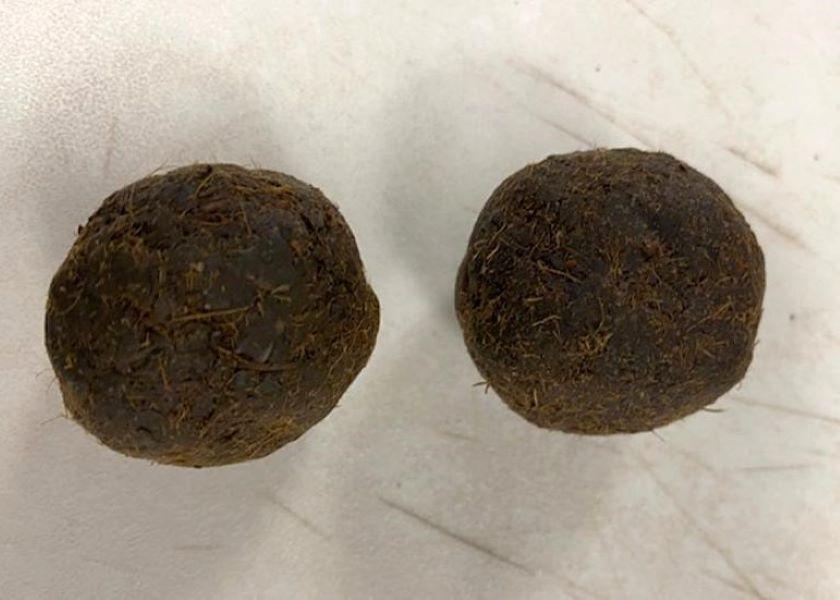Cow Dung Cakes Surprise Federal Agents

It wasn’t the kind of cake U.S. Customs and Border Protection (CBP) agriculture specialists were expecting to find. On April 4, CBP specialists discovered cow dung cakes while examining leftover baggage at Washington Dulles International Airport.
The two cow dung cakes were found in a suitcase left behind after passengers from an Air India flight cleared CBP’s inspection station, CBP reports. The cakes were later destroyed.
Why Cow Dung?
Cow dung is reported to be a vital energy and cooking source in some parts of the world. It has also been reportedly used as a skin detoxifier, an antimicrobial and as a fertilizer. Despite these alleged benefits, cow dung from India is prohibited due to the potential introduction of foot-and-mouth disease (FMD), CBP said in a release.
FMD is a major disease threat globally as it can spread rapidly and widely, causing significant economic losses to livestock populations. It affects cattle, swine, sheep, goats and other cloven-hoofed ruminants. A single detection of FMD would likely stop international livestock trade completely until authorities could eradicate the disease threat. The U.S. has been FMD free since 1929, CBP reports.
“Foot and Mouth Disease is one of the animal diseases that livestock owners dread most, has grave economic consequences, and it is a critical threat focus of Customs and Border Protection’s agriculture protection mission,” Keith Fleming, acting director of field operations for CBP’s Baltimore Field Office, said in a release. “CBP’s agriculture specialists are our nation’s frontline protectors of vital agricultural and natural resources that help keep our nation’s economy strong and robust.”
CBP agriculture specialists safeguard the nation’s agricultural resources by examining international trade shipments and traveler baggage every day for invasive insects, federal noxious weeds, and plant and animal diseases. They have extensive training and experience in the biological sciences and agricultural inspection.
Foreign animal disease threats continue to increase, especially with the rapid spread of African swine fever (ASF) in some parts of the world. In a typical day alone, CBP agriculture specialists across the nation seize on average 3,091 prohibited plant, meat, animal byproducts and soil, and intercept 250 insect pests at U.S. ports of entry.
More from Farm Journal's PORK:
Beagle Brigade Protection:Agriculture’s Not-So-Secret Canine Weapons
K-9 "Kody" Sniffs Out Prohibited Sausages at Newark Airport
Not Letting Our Guard Down on African Swine Fever







